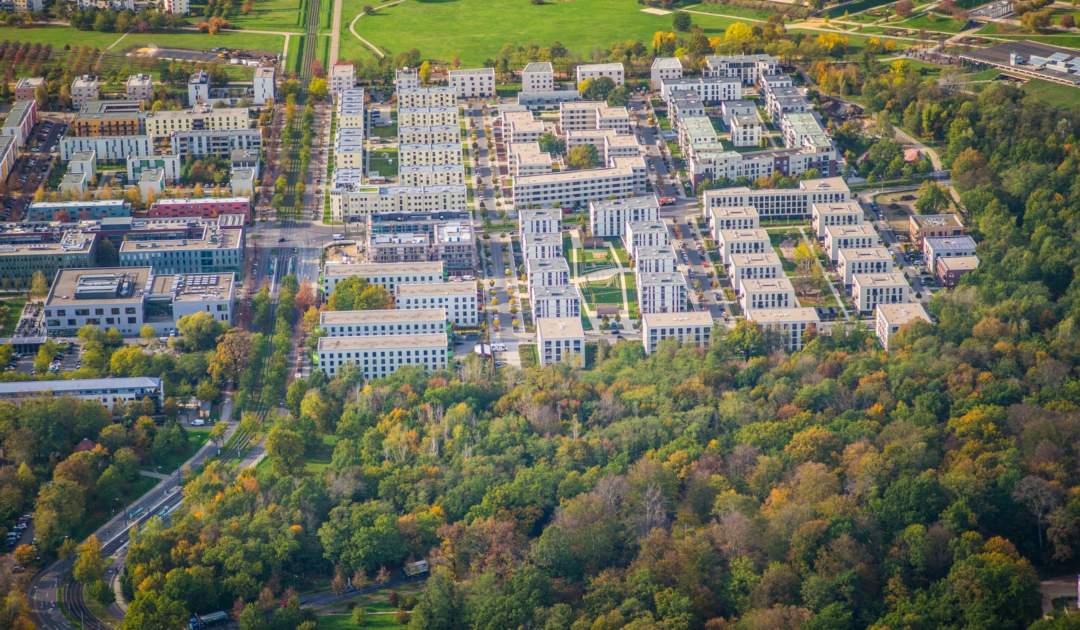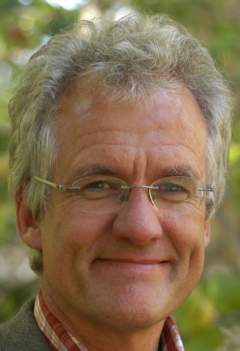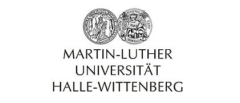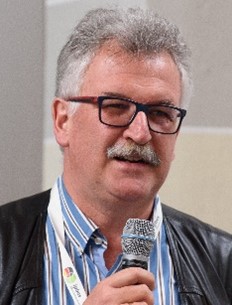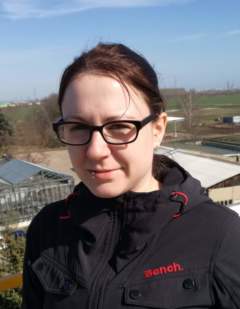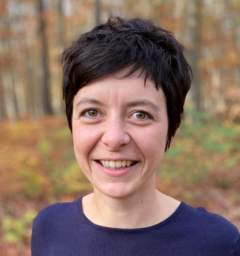Faktencheck Artenvielfalt
Trends & direct drivers of biodiversity change
In the topic area “Trends & direct drivers of biodiversity change”, the focus is on long-term and recent biodiversity trends and on their causes, i.e. the direct drivers that trigger these trends.
Trends include, for example, changes in species diversity as well as changes in the population sizes of different species and changes in the composition of species communities. These trends are identified using scientific publications on long-term observations, reports and expert opinions, and assessments based on the Red List of Threatened Species. This approach can be used, for example, to identify the winners and losers of climate and land use change, as well as the evolution of functional groups and alien species. However, it is important to note that species are recorded at different frequencies and that the frequency of their recording does not necessarily correlate with their population trends. Therefore, this topic area will also focus on species that are underrepresented in scientific literature.
Direct drivers behind the trends of biodiversity change are scientifically studied using experiments, observations or computer models. However, there are some drivers that are studied more frequently and in more depth than others. Faktencheck Artenvielfalt will therefore not only summarize the influences of direct drivers, such as land use, pollution, climate change, invasive species, and pesticide use, but also highlight knowledge gaps in what causes biodiversity changes in our ecosystems.
